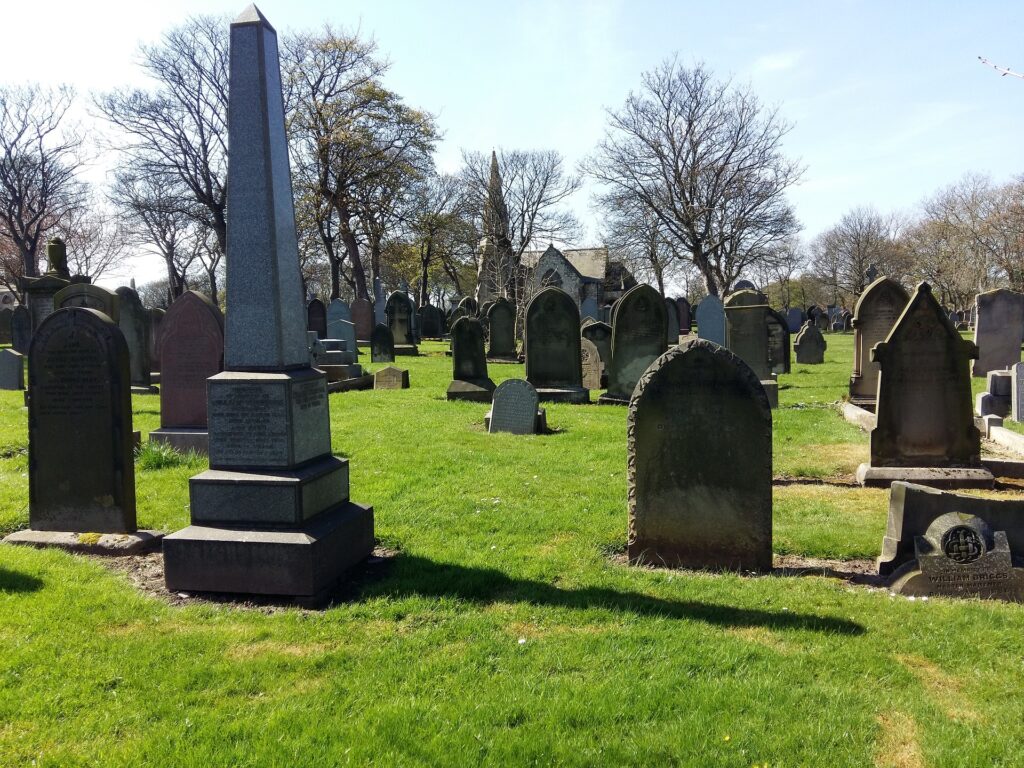
So, you have a house, a bank account, a 401(k) and a car…then you die. What happens to those things?
Well—it depends. Is there a joint owner? A named beneficiary? A Will? A Trust? Any debts or creditors lurking out there? We’ve got to explore all of those things to decide what happens to your stuff at death.
First, there are two broad categories that things fall into at death: Probate transfers or non-probate transfers.
Non-Probate Transfers
Joint with the Right of Survivorship
A “non-probate transfer” means that there is something about that asset that makes ownership pass automatically. A joint ownership (meaning “joint with the right of survivorship”) is an example of a non-probate transfer. My husband and I own our house jointly. So, if I die, my husband automatically owns the house because of how we own it. If we didn’t own it jointly, then my husband may…or may not…get the house if I die.
A Beneficiary Designation
A beneficiary designation is another type of non-probate transfer. For example, my life insurance policy names my husband as primary beneficiary and my daughter as secondary beneficiary. If I die and my husband is living, the policy pays out automatically to him. Other than filling out some forms that the life insurance company may require, he doesn’t have to go through any other legal process to get it. If he is not living, then the life insurance policy pays out automatically to my daughter. (For more information about beneficiary designations, see Thinking About Beneficiary Designations).
Transfer on Death/Payable on Death
Another name for a beneficiary designation is “transfer on death” or “payable on death.” This type of designation is a creature of state law, and depending on where you live, may be able to be added to many different types of assets. In Indiana, we can have a “transfer on death” designation on most anything: a bank account, real estate, a car, an investment, etc.
Trusts
A Trust is a type of non-probate transfer. A trust is a separate legal entity, like a business, that a person may create for many different reasons. Some types of trusts are created for the purpose of transferring assets at death.
These are the main types of non-probate transfers. We’ll look closer at each of these in later blog entries in this series.
Probate Transfers
 Assets that pass via “probate transfer” are basically any asset that doesn’t have something about it that makes ownership pass automatically. If I own my bank account and my car, they are in my name only, no joint ownership, no beneficiary or transfer on death designation, then those things are probate transfers when I die.
Assets that pass via “probate transfer” are basically any asset that doesn’t have something about it that makes ownership pass automatically. If I own my bank account and my car, they are in my name only, no joint ownership, no beneficiary or transfer on death designation, then those things are probate transfers when I die.
Last Will and Testament
If I have a Will, the ownership of my bank account and my car will pass to whomever my Will says they pass.
Intestate Law
If I have no Will, then the ownership of those things will pass according to the intestate law of the state in which I am a resident when I die. “Testate” means I die with a Will; “intestate” means I die without a Will. In that case, state law says who gets what.
Having a Will or not having a Will has nothing to do with whether or not my estate and family have to go through the probate process or not. A Will simply states “who gets what.” The process for getting those things to the people named in the Will is the probate process.
Order of Things
Non-probate transfers take precedence over probate transfers. So, say your life insurance beneficiary is someone you used to like, but now you despise that person. You’ve since written a new Will and written the despised person out of your Will. Then you die. Too bad! Your life insurance is going to the despised person, since beneficiary designations and other non-probate transfers take precedence over your Will!
Your Debts/Rights of Creditors
If you die and have outstanding debts, those creditors to whom you owe debts have certain rights to be paid out of your estate assets, whether those assets are passing by non-probate transfers or probate transfers. Those rights and procedures are somewhat different, as well as the process that that creditor must go through to collect, how easy it is for the creditor to collect, and whether or not the creditor is likely to pursue collection.
This was a broad overview of how things pass at death. We’ll look closer at each of the categories and look at various issues, pros and cons, and appropriateness of each option starting in the next post in this series
_______________________________
Necessary Lawyer Stuff
This blog is provided for general information and is not legal advice. You should not take any actions based on the content of this blog without seeking the advice of an attorney. To get advice on your particular situation, seek specific legal counsel from your own attorney. Also, some of the content of this blog is Indiana-specific and may not apply to your particular state of residence.